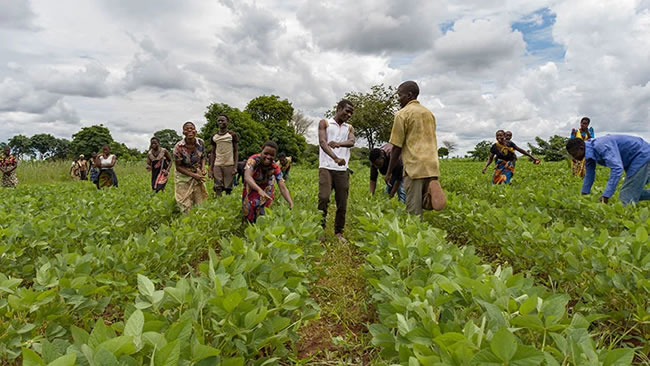By Abimbola Ogunnaike
No fewer than 5000 small holder farmers have been listed to benefit $55million (N81billion) from the World Bank, Food And Agriculture, (FAO), as well as partners interventions in establishing alternative livelihood projects in forest communities of Cross River State.
Similar intervention is equally ongoing in Ondo State.
The two are the only Niger Delta states selected to benefit from the intervention because of their acknowledged remaining vast forests and arable lands.
The National Project coordinator of the Global Environment Facility, which is handling the 3-year FOLUR Impact Programme, Prof Oladapo Adeyemi, made this disclosure in Calabar, Cross River State over the weekend during a 1-day agric workshop.
According to Adeyemi, the 5000 were selected from eight local government areas where the programme of boosting oil palm, cocoa, as well as alternative livelihood initiatives of squirrel and rabbits rearing are ongoing.
“The programme will support people’s livelihoods as a way of discouraging them from further depleting the remaining forests in the country and empowering them.
“It focuses on accelerating sustainability across the value chains of eight major commodities and food staples, including cocoa, coffee, livestock, maize, palm oil, rice, soy and wheat.
“This project was supposed to be a 5-year programme but we now have only three years to run it in both Ondo and Cross River states and to ensure their impacts are well felt.
“The World Bank is funding this programme through the Global Environment Facility. The FAO are official partners in Nigeria. Other partners include the state government, the Central Bank of Nigeria, Bank of Agric and others. We expect the co-financing to go up to $50 million during the period,” he said.


